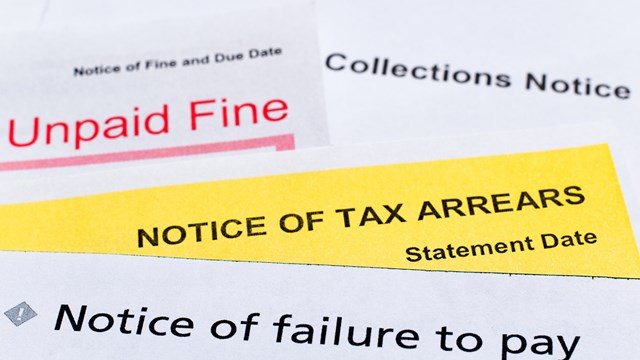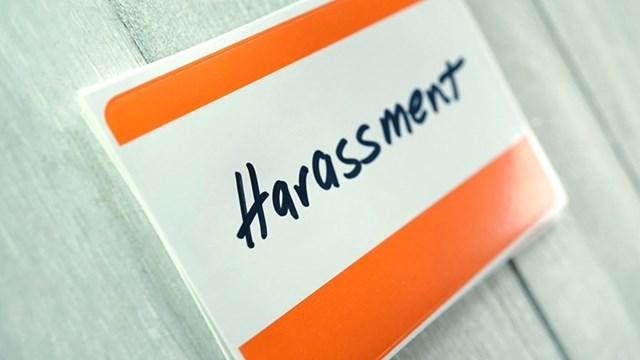
Q. My HOA has threatened to confiscate my unit. I withheld/escrowed my June assessment soon after I learned they refused to communicate or cooperate with my insurance company who was to cover other losses. This isn't in the bylaws. They've been very secretive and lack integrity. They perform like a "just us” club.
The HOA recently extended their positions to two years. Owners have not been allowed to review contracts, insurance claim, payments etc. My units suffered terrible water damage roughly five months. ago, due to the board's neglect and lack of integrity. Contractors said my restoration should've taken 3-5 days.
I've asked several times about this. The president's words are not consistent. My unit still lies in despair. I suspected and suggested fraud. The reprisal was the threat to diminish my credibility. Do I have the right to put my assessment in escrow because of their poor judgment and lack of responsibility?
—Aggrieved Resident
A. “In New Jersey, one who accepts title to real property within a community association cannot withhold common expense assessments,” says attorney Brian Rader of the Hoboken-based firm Rader Law, LLC. “In other words, the obligation to pay common expense assessments is unconditional. N.J.S.A. 46:8B-17 of the New Jersey Condominium Act (the “Act”) expressly provides that: “No unit owner may exempt himself from liability for his share of common expenses by waiver of the enjoyment of the right to use any of the common elements or by abandonment of his unit or otherwise.” The same rationale applies to homeowner’s associations (“HOA”). Governing documents of an HOA will customarily mirror the relevant subsection of the Act by including a provision expressly stating that a lot owner may not exempt himself from liability for his share of common expenses by waiver of enjoyment of any of the common elements, or otherwise.
“Courts have repeatedly held that common expense assessments are considered the 'lifeblood' of a community association. Failure to pay common expenses will cause the association to fall into financial despair, and deprive the association of funds needed to maintain common property. Associations rely exclusively on common expenses to fund the association and maintain common property. Accordingly, although a property owner may believe that the community association or the board of directors have acted improperly, refusing to pay common expenses, or placing the common expenses in escrow, is an unjustifiable response. An aggrieved property owner may have viable, affirmative causes of action to pursue; however, improprieties on the part of the association or its board of directors are unlikely to serve as a viable defense in any legal action brought by the association to collect the unpaid common expenses.”






Leave a Comment